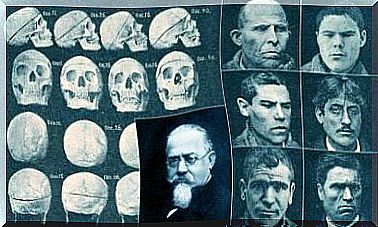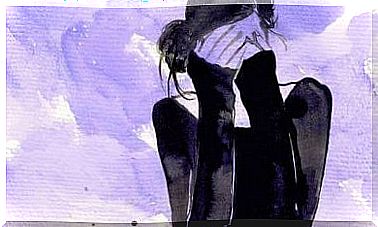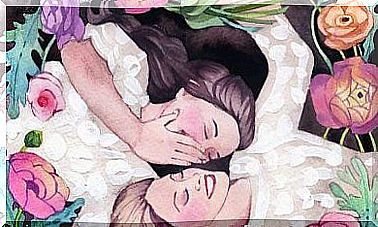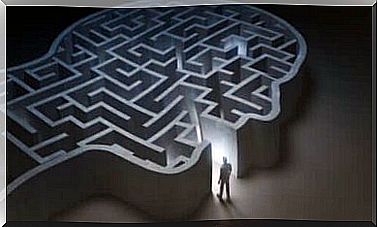The Difference Between Error, Failure And Failure
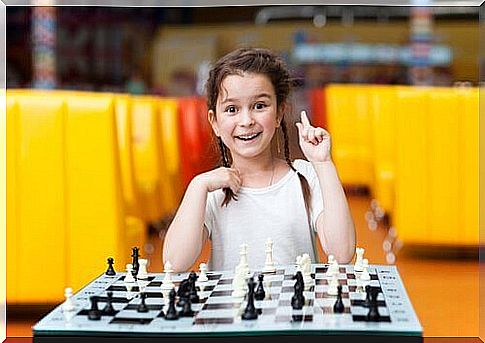
Chess is a wonderful game because the end result depends very little on luck and a lot on the experience of both players. The winner knows that he could have lost and that the difference lay in what he did; the loser knows that he could have won and that the difference was also due to his movements. Thus, in chess, as in many other challenges, there is a mistake, but not a failure, much less a failure.
There are mistakes because there are always strategies that can be improved, especially if we look at them from the perspective of whoever just handed over their king’s head. Could have played better. However, his defeat is far from a failure, as the next game will take many moves he learned. In that sense, your investment of time was profitable, probably far more than the winner’s.
The winner hardly goes home thinking about the game. His strategies have been strengthened and therefore it is unlikely that he has found reasons to question them. So, he will surely repeat them until someone beats him. In that sense, victory tends to perpetuate the cycle, to reduce investment, and that’s why it’s so sweet. Our brain wants to save energy and victory is usually a misleading support in this regard.
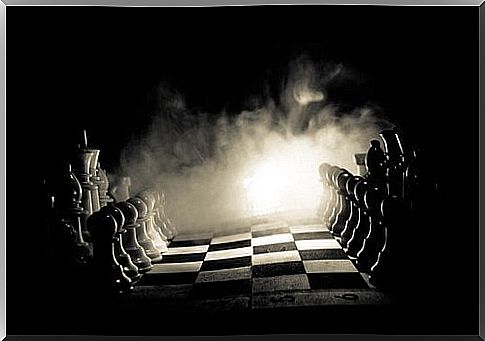
the failure
Failure comes when what happened, in addition to the taste of defeat, adds nothing to us. This happens especially in games where ‘bad luck’ rules, which is why humanly they are so poor. Because the losers (which can happen over and over again, since the bank has the odds in their favor: that implacable law when it comes to too many plays and too many players) learns little, but we cling to some disturbing superstition.
“Going in before nine made me lose…”, “It was this shirt that gave me bad luck…”, “I don’t come with João anymore because I don’t get one with him”, (João probably didn’t win either and doesn’t want to come back with you…).
Let’s leave irony aside. Luck has little to teach/remember us other than what is happening in the present.
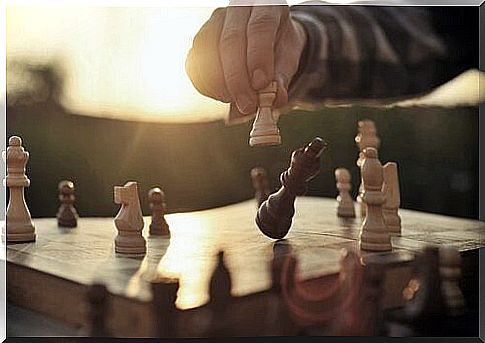
The loser is not the one who accumulates one failure after another
The loser is not the one who collects one failure after another, nor the one who has just failed. Failed is an adjective (label) that has connotations that go far beyond. Saying someone is a failure or thinking we are failures pervades the whole being. It becomes part of the person’s nature. Therefore, we speak of something immutable.
This will not change and therefore is a sentence for the future. Eliminates motivation to learn. He sends us the following message: “No matter what you learn, you will never win.” The one who feels like a failure will be unfairly deterministic about his future, as well as the one who puts this label on the other who, unfairly, ends up believing it.
Yes, perhaps the past is the best predictor of the future, but never the voice that dictates its lines to the writer. There is no determinism, but the possibility of overcoming rooted in change. For this reason, the same overcoming that frightens us also attracts us.
That’s why this attraction breaks down in the person who feels like a failure. As if thought were water, porous, and as if it were stuck in the depths of your being.
Thus, this thought serves as a trigger and sustenance for many depressions. A depression that appears when hope is dashed (Abramson et al., 1997), not that the future is different, but that we can do something to design it.
Therefore, there are mental problems, such as phobias, which lead to depression: anxiety is what drowns this hope of control, underlining that we are, without a doubt, vulnerable beings.

